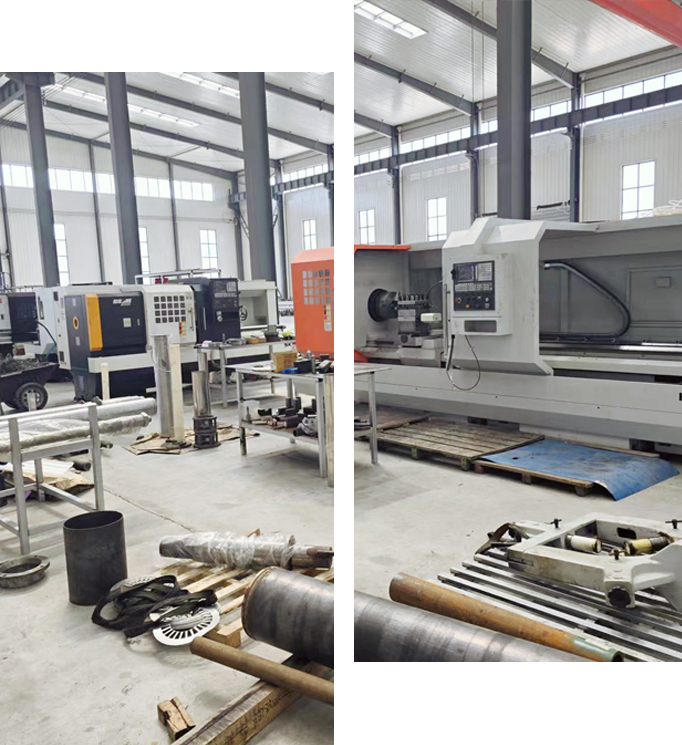10 月 . 13, 2024 16:28 Back to list
Deep Well Submersible Pump Solutions for Efficient Water Extraction and Management
Submersible Pumps for Deep Wells An In-Depth Overview
Submersible pumps have become an essential component in the field of water extraction, especially for deep wells. These pumps operate underwater, which allows them to efficiently transport water from depths that traditional pumps cannot reach. Understanding the mechanics, applications, and advantages of submersible pumps can provide valuable insight into their importance in residential, agricultural, and industrial water supply systems.
How Submersible Pumps Operate
A submersible pump consists of a sealed motor that is coupled to a pump body, which is submerged in the water it is designed to extract. Unlike surface pumps, which pull water up through suction, these pumps push water to the surface, making them more efficient for deep well applications. Typically located at depths ranging from 25 to over 1,000 feet, submersible pumps utilize a multi-stage design that enables them to generate high pressure and lift water efficiently.
The motor and pump are connected through a shaft, and the entire assembly is usually housed in a protective casing. This design not only allows for work at greater depths but also minimizes the risk of contamination and mechanical damage. The submerged environment also aids in the cooling of the motor, enhancing its reliability and lifespan.
Applications of Submersible Pumps
Submersible pumps are widely used across various sectors
1. Residential Water Supply Many households rely on deep wells for their water supply. Submersible pumps ensure a consistent and strong flow of water, even in remote areas where municipal water systems may not be available.
2. Agricultural Irrigation Farmers utilize submersible pumps to extract groundwater for irrigation. This application is particularly critical in areas facing drought, where surface water may be too scarce to meet agricultural needs.
3. Industrial Uses Submersible pumps are common in mining operations, where they are used to dewater mines or for mineral processing. They are also found in construction projects for groundwater control and drainage.
4. Wastewater Treatment In wastewater management, submersible pumps are used to move waste fluids to treatment facilities, helping to ensure that sewage and industrial wastewater is processed effectively.
Advantages of Submersible Pumps
The popularity of submersible pumps can be attributed to several advantages
submersible pump for deep well

- Efficiency These pumps are designed to work at high pressures and can transport larger volumes of water than traditional pumps. Their design minimizes energy losses that occur through the suction process.
- Durability Submersible pumps are built to withstand harsh conditions underwater, reducing wear and tear. Their sealed units protect against corrosion and contamination.
- Space-saving Design Because they are installed underground, submersible pumps do not require additional space for pump housing, making them ideal for areas where surface space is limited.
- Noise Reduction Being submerged in water leads to quieter operation compared to surface pumps, which can reduce noise pollution around residential areas.
Considerations for Choosing a Submersible Pump
When selecting a submersible pump for a deep well, several factors should be taken into account
1. Depth and Diameter of the Well The specifications of the well will dictate the type of pump suitable for installation. Pumps need to be capable of reaching the necessary depth and fitting within the diameter of the well casing.
2. Flow Rate Requirements The required flow rate for the intended application (whether it's for domestic, agricultural, or industrial use) will determine the pump capacity needed.
3. Power Supply Consider whether the power supply is adequate for running the pump continuously, as well as the potential need for backup power systems in case of outages.
4. Material Composition Pumps must be made from materials that resist corrosion and wear due to the specific conditions of the water and the environment.
Conclusion
Submersible pumps are pivotal in the field of water extraction from deep wells. Their efficient design, combined with their ability to withstand harsh conditions, makes them a preferred choice for various applications. As water scarcity becomes a pressing global issue, the importance of reliable water extraction solutions like submersible pumps will only continue to grow. Whether for residential needs, agricultural irrigation, or industrial operations, these pumps offer a practical and effective solution for accessing groundwater resources.
-
Your Guide to Deep Well Pumps
NewsOct.31,2024
-
Why Choose a Stainless Steel Deep Well Pump?
NewsOct.31,2024
-
Understanding Water-Filled Submersible Pumps
NewsOct.31,2024
-
Understanding SS Submersible Pumps
NewsOct.31,2024
-
Reliable Submersible Well Pumps for Your Water Supply Needs
NewsOct.31,2024
-
Choosing the Right Submersible Pump for Your Water Management Needs
NewsOct.31,2024
-
 Understanding Water-Filled Submersible PumpsWhen it comes to selecting the right pump for your water management needs, understanding the different types available is crucial.Detail
Understanding Water-Filled Submersible PumpsWhen it comes to selecting the right pump for your water management needs, understanding the different types available is crucial.Detail -
 Guide to Installing a Deep Well Submersible PumpWhen dealing with deep wells, a deep well submersible pump is often the most effective solution for extracting water from significant depths.Detail
Guide to Installing a Deep Well Submersible PumpWhen dealing with deep wells, a deep well submersible pump is often the most effective solution for extracting water from significant depths.Detail -
 Finding the Right Submersible PumpWhen seeking an efficient solution for pumping water from deep wells, sumps, or other applications, the submersible pump is a leading choice.Detail
Finding the Right Submersible PumpWhen seeking an efficient solution for pumping water from deep wells, sumps, or other applications, the submersible pump is a leading choice.Detail
